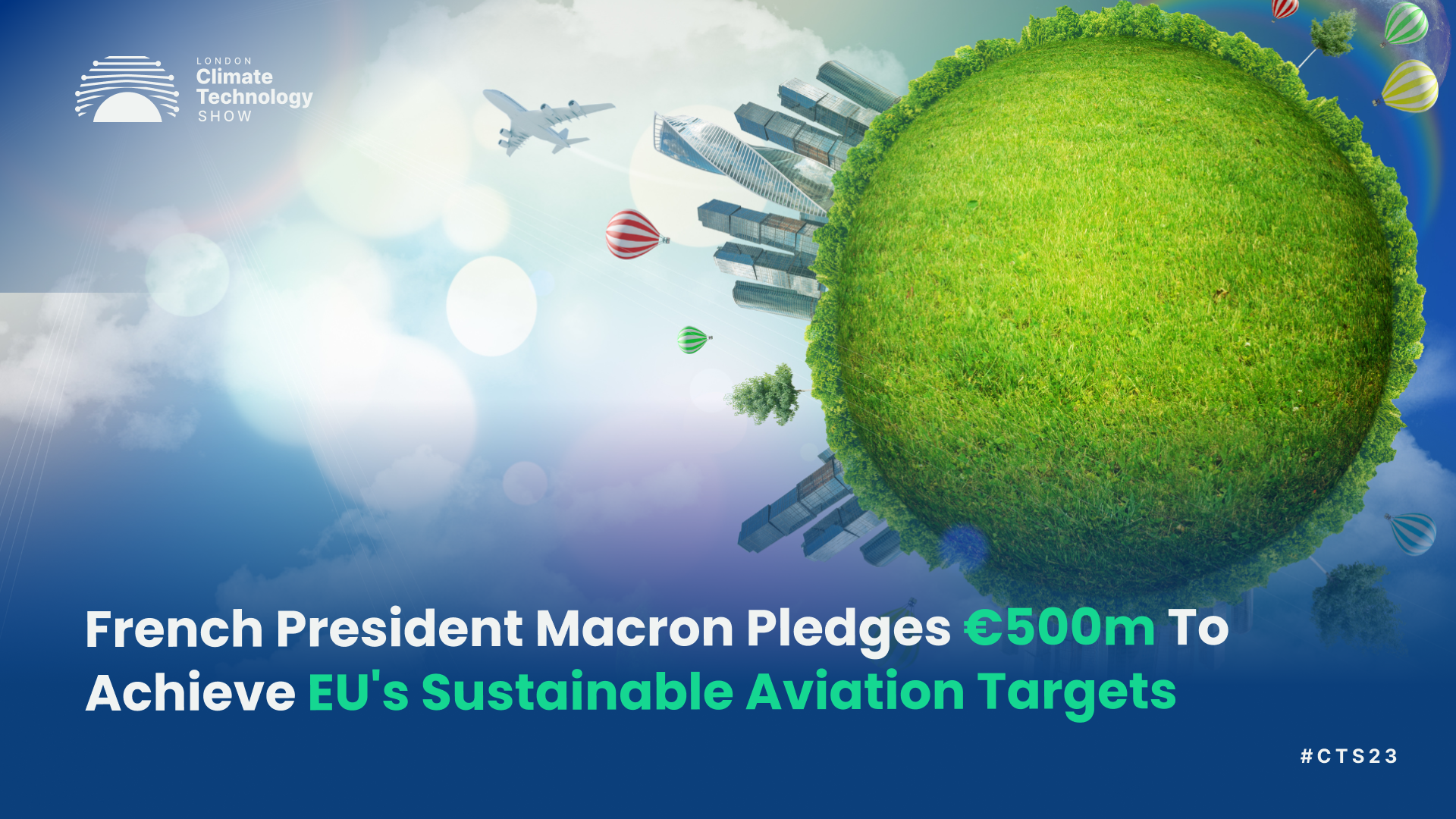16th June, 2023: French President Emmanuel Macron announced his decision to inject €500 million of public funds into the French aviation sector. The purpose behind this investment is to assist the European Union in achieving its aviation decarbonisation objectives for both 2030 and 2050.
The President of France toured the aircraft engine manufacturing facilities of Safran in Paris, as a way to highlight France's fresh undertakings towards eco-friendly aviation. This visit comes after a productive dinner meeting on Thursday night, where the President engaged with top executives from Airbus, Dassault, Safran, Air France, KLM and Paris Airport.
Emmanuel Macron announced that France will allocate €300 million per year through the French public Civil Aeronautics Research Council (CORAC) to support the industry during the 2024-2030 period.
This signifies a triple fold investment dedicated to enhancing engine technologies that minimise greenhouse gas emissions, manufacturing aircraft components that are both lighter and more robust and supporting the advancement of technologies by small and medium-sized enterprises within the industry, with a specific focus on small electric and hydrogen-powered aircraft.
Regarding sustainable aviation fuels (SAF), Macron announced an extra €200 million to foster the development of biofuels and achieve a production volume of 500,000 tonnes of SAF in France. Macron restated his commitment to achieving the goal of mixing 6% biofuels with kerosene by 2030, aligning with the EU's agreed target in the pending ReFuelEU legislation negotiations.
The intention behind these fresh investments is to enhance the sovereignty of France and Europe, given that kerosene is entirely imported. Consequently, these recent investments would expedite the implementation of eco-friendly fuels created within Europe, decrease their costs and bring the aviation industry closer to its goal of attaining carbon neutrality by 2050.
This commitment reflects a clear determination to address the environmental challenges posed by the aviation industry and emphasises the importance of collective efforts to mitigate climate change. Macron's bold initiative sets a positive precedent for other EU member states and highlights the urgent need for sustainable solutions in the aviation sector. As the world continues to grapple with the consequences of climate change, this substantial financial commitment marks a crucial milestone in the journey towards a greener and more sustainable future for air travel in Europe and beyond.

